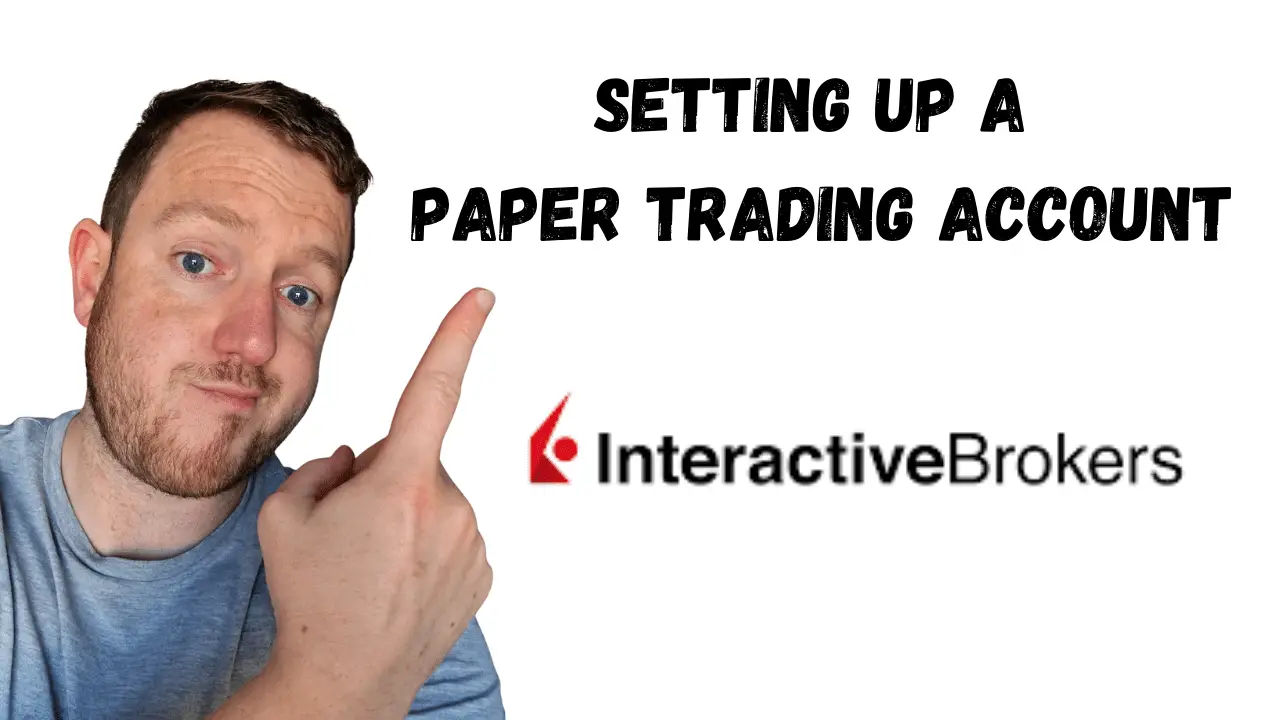Options are a way of leveraging up your trading. They can be used in a number of ways to hedge your investments or speculate on the market.
These types of derivatives are very popular in the United States with brokerages like Robinhood making options trading easily accessible to retail investors. But what about Europe, are there any decent brokerages?
In this blog post, I will give you a brief a rundown on three brokerages that do allow options trading in Europe and what my own personal recommendation would be.
Degiro
Degiro is another broker which allows options trading in Europe but it is quite limited in functionality and choice.
When you are trading options on Degiro you will be limited to mostly options on European stocks. The only US-based options available are a couple of Index options:
- DJX (Dow Jones Industrial Average)
- RUT (Russell 2000 Index)
- XSP (S&P 500 Mini Index)
- ES (E-mini S&P 500)
- NQ (E-mini NASDAQ 100)

Options trading requires a lot more analysis, you are not just concerned with analysing the underlying stock but also keeping an eye on option specific metrics such as volatility and time decay will be just as important.
As you can see from figure 1 the Degiro trading platform has the usual options chain you would expect but it does not provide the investor with any useful analytics to help their investing decisions. Another resource will be needed to be used in tandem with Degiro if you are to trade effectively.
On the plus side for Degiro, if you are happy to trade options on European stocks then Degiro is one of the lowest fees brokerage firms in Europe. See the below table with details of the fees they charge on options:
| Exchange | Fee |
|---|---|
| Eurex (Germany) | €0.75 per contract |
| MEFF (Spain) | €1.50 per contract |
| Euronext LIFFE (The Netherlands, Belgium, France, Portugal) | €2.00 per contract |
| Other Countries | €0.75 per contract |
Interactive Brokers
If you are new to options trading it can be very overwhelming, and what is even more daunting is trying to learn when trading with real money. This can often put many people off options trading
A great feature that Interactive Brokers have on their platform is the ability to paper trade (simulation) with fake money if you want to learn options trading in a risk-free environment.

Interactive Brokers offer lots and lots of data and analytics to assist your Options trading such as:
- Implied Volatility
- The Greeks (Delta, Gama, Vega and Theta)
- Profitability
- Max Return
- Max Loss
- Commission Previews
- Minimum Investment
- Margin Impact
- Payoff diagrams
Another cool feature of Interactive Brokers is their strategy builder which allows you to add multiple legs to your order this way you can easily build and trade with common options trading strategies such as Iron Condors, Collars, Straddles, Strangles, etc.
The fees for Interactive Brokers will vary from country to country, as an example let’s take a look at the fees for the Netherlands. The fees will differ slightly depending on your circumstances and whether you are on the tiered or fixed fees.

Saxo Bank
Saxo Bank is another broker that will allow you to trade US Options and the layout of their platform is very nice.
It is very easy to build legs to your strategies and see key metrics and pay off diagrams.

But where Saxo Bank really falls down is the fees.
Unless you have a VIP account, options trading with Saxo Bank is much more expensive than other brokerages, with Classic account holders paying €3 per contract.

My Recommendation
I think you will agree from reading the brief rundowns on the 3 brokerages above that there is one clear winner and that is Interactive Brokers.
Most of us will be interested in trading US options and that rules out Degiro straight away as it only has a limited amount of US index options.
The next important factor is the fees, Interactive Brokers wins this battle as it has much cheaper fees per contract than Saxo Bank.
Overall, both Saxo Bank and Interactive brokers service users well in terms of analytics and graphs to support strategy building, but Interactive Brokers is far more adaptable.
Disclaimer: This blog post is for informational and educational purposes only and should not be construed as financial advice. Options are complex instruments and come with a high risk of losing money rapidly due to leverage.







